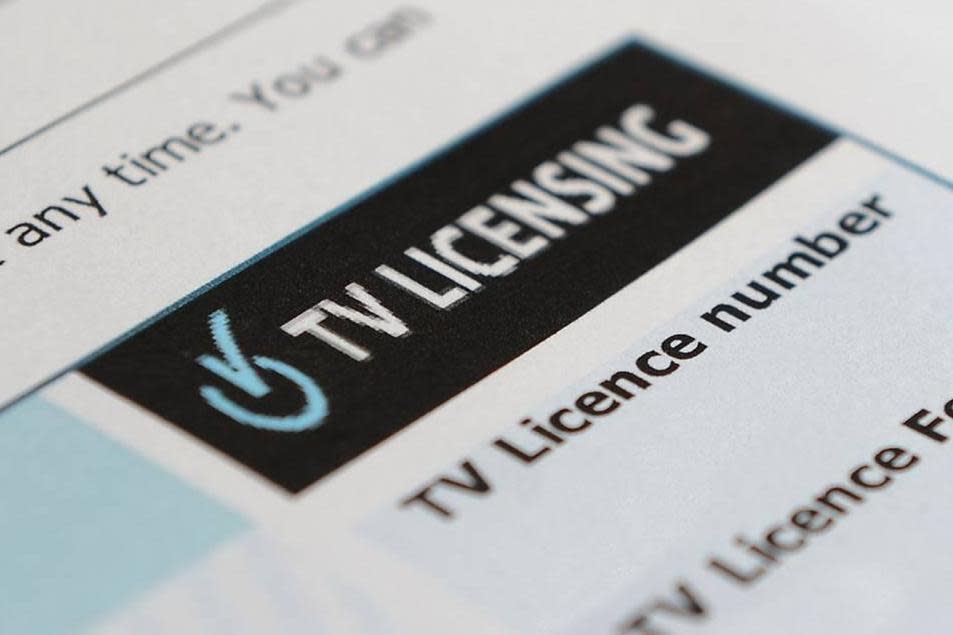TV licence fee set to rise for second year in a row

The annual TV licence fee is set to increase for the second year in a row, it has been announced.
It will rise from from £147 to £150.50 as of April 1, the Government confirmed.
The annual fee for BBC programming increased for the first time since 2010 in 2017 after the Government said it would rise in line with inflation for five years.
The announcement comes as the corporation faces scrutiny over gender pay inequality.
Director-general Lord Tony Hall recently faced questions from MPs about pay imbalance following evidence from Carrie Gracie, who resigned as the BBC's China editor over unequal pay.
Jeremy Vine and John Humphrys are among the top talent who have said they are willing to take a pay cut to contribute to closing the gender pay gap at the corporation.
According to rules in place since September 2016, all those watching BBC iPlayer have to have a licence as well as those watching conventional TV sets - and not just for live services.
Those caught watching iPlayer without a valid TV licence can be charged up to £1,000, though a licence number is not needed to access the service.
Licence fee payers will receive a payment plan or a reminder reflecting the new amount when their licence is next due for renewal.
Those buying or renewing a licence after April 1 will pay the new fee while those already buying a licence on an instalment scheme which started before April 1 - such as monthly direct debit or weekly cash payments - will continue to make payments totalling £147 until their licence comes up for renewal.
TV Licensing, the body tasked with collecting the fee, will be advising licence fee payers due to renew in March to pay on time so that they will pay the current rate of £147.
Those buying a new licence before April 1 will also pay the current rate.

 Yahoo News
Yahoo News 
